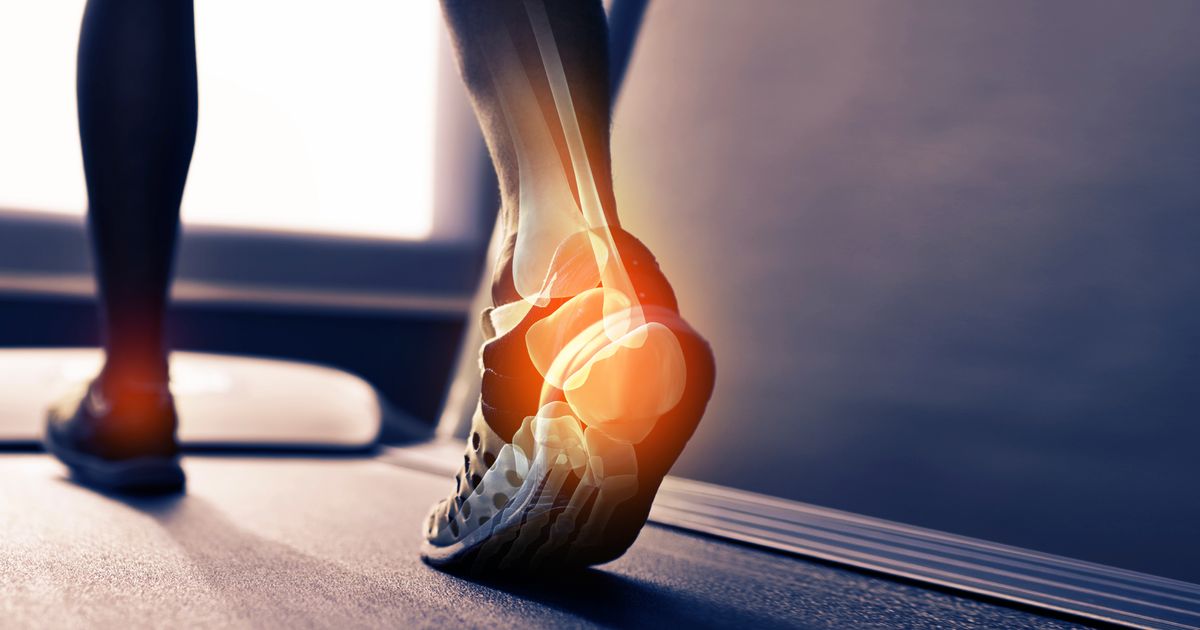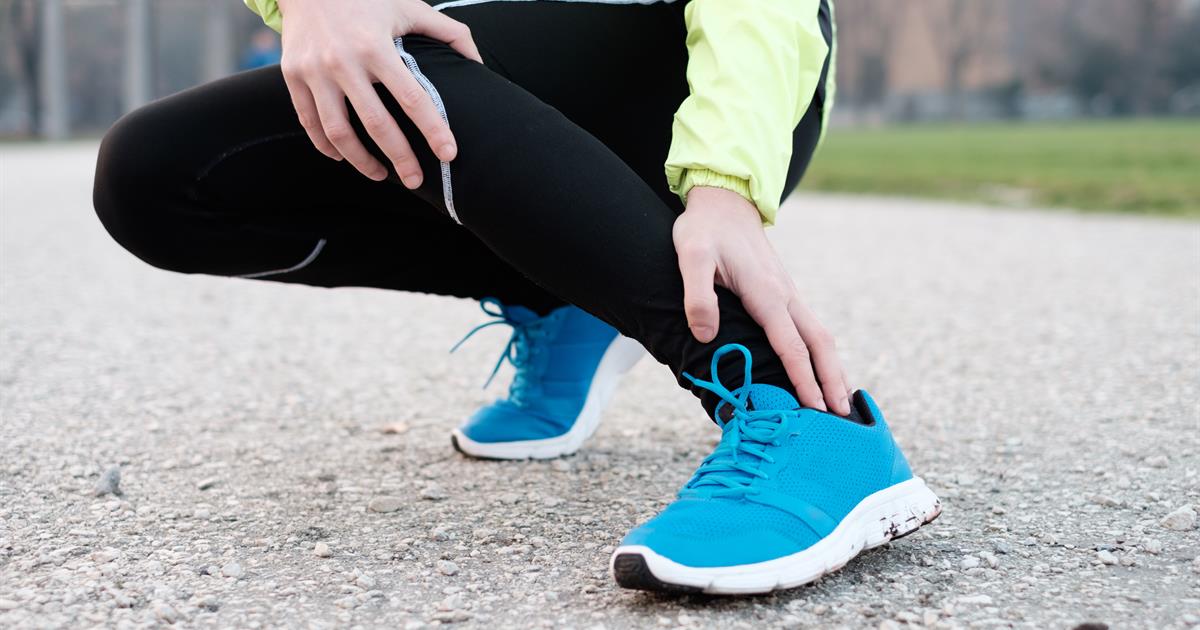What Causes Plantar Fasciitis?
Tight Achilles Tendons

Tight Achilles tendons and tight calves are another common cause of plantar fasciitis. These issues contribute to heel pain by pulling on the plantar tendon and weakening the attachment of the fascia to the bone. Over time, the tendon may be stretched to a point that micro-tears begin forming in the fascia and causing it to pull away from the bone. This issue causes not only pain but also inflammation.
Prevention is the key when it comes to tight Achilles tendons. Individuals can help keep their tendons limber and avoid injury by warming up before exercising or stretching. Once warm, they should stretch their Achilles tendons using targeted exercises like flexing and stretching their ankle, rolling their foot over a ball, and flexing their foot manually while sitting and supporting their heel with their hand. Wearing the correct footwear is also essential to treat issues related to tight tendons and heel pain. They should be sure to choose something with the right support and sole appropriate for whatever activity they may be doing. Taking these measures will help them avoid unnecessary tendon strain.
Discoverhow shoes may cause plantar fasciitis next.
Improperly Fitting Shoes

Plantar fasciitis is just one of the many painful conditions that can develop in individuals who ignore the advice of always wearing correctly sized and properly fitting shoes. When a foot is shoved into improperly fitting shoes, the tendons, bones, and other structural elements of the foot are not given the support they need to be healthy and function properly. Ignoring foot slippage inside a too-large shoe can be equally as damaging as squeezing a foot into a small shoe. The potential symptoms only worsen as the individual increases the time worn. Properly fitting shoes allow for comfort, support, and security, enabling safe mobility with strong support. If an individual's shoes are causing them pain or discomfort, it's time for a change.
Learn more about the various causes of plantar fasciitis now.
